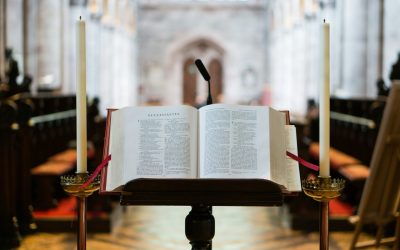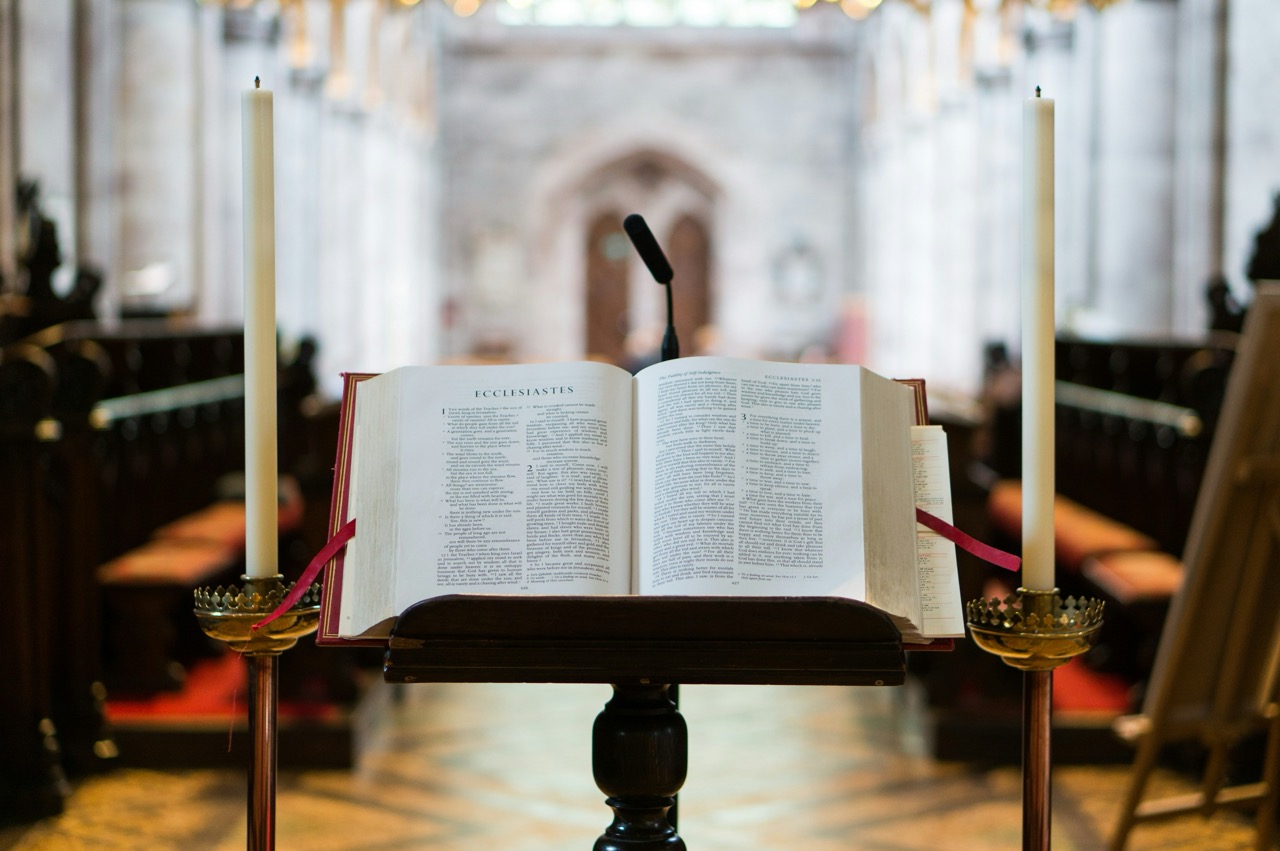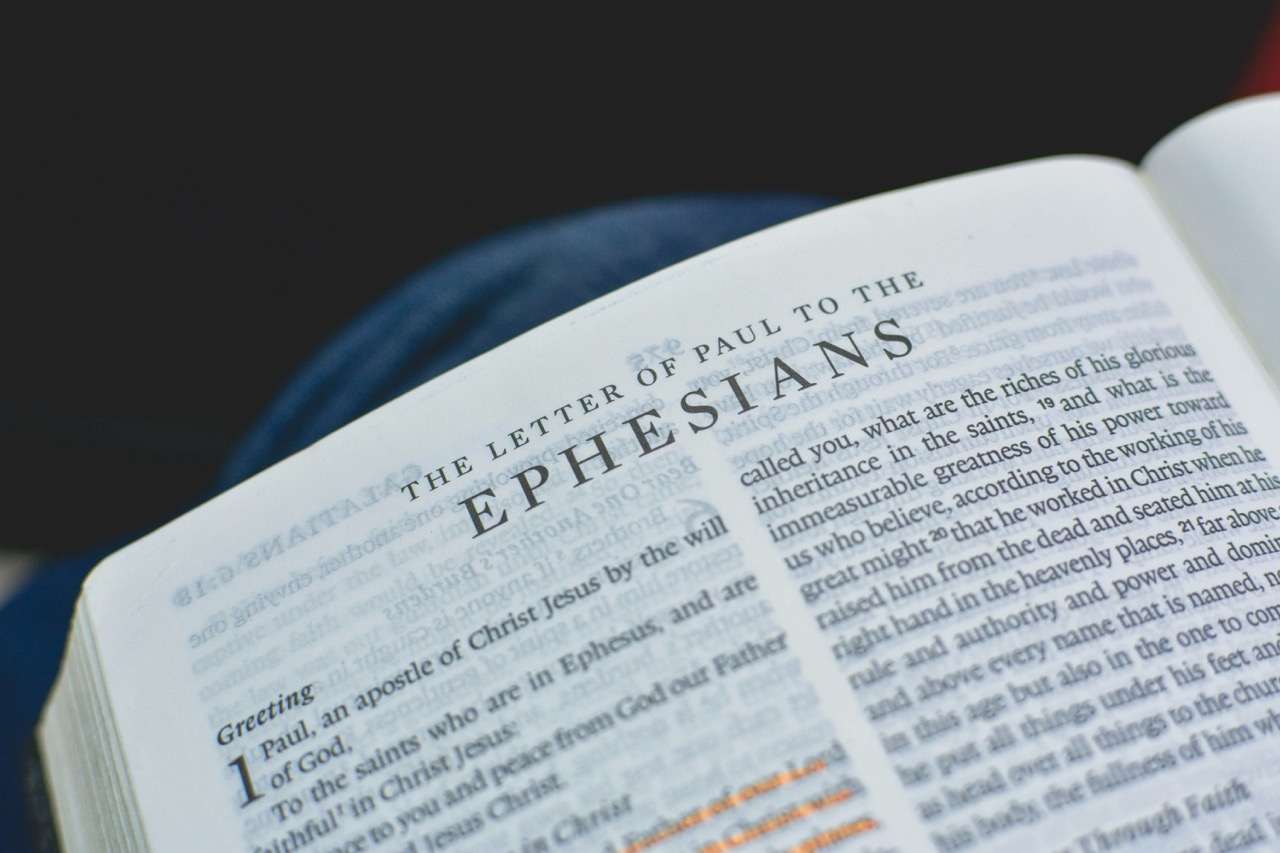The First Family: Understanding Adam and Eve’s Role in History

The story of Adam and Eve is one of the most enduring narratives in human history, rooted in the ancient texts of the Bible, particularly in the Book of Genesis. Representing the first family, Adam and Eve have not only shaped the theological understanding of humanity’s origins but have also influenced cultural narratives, ethical frameworks, and philosophical discussions throughout the ages. This article delves into the historical, symbolic, and theological aspects of the first family, as well as their lasting influence on modern ethics.
The Historical Context of Adam and Eve in Religious Texts
In the Book of Genesis, Adam and Eve are presented as the first humans created by God, placed in the idyllic Garden of Eden. Their story unfolds against a backdrop of ancient Near Eastern creation myths that seek to explain humanity’s origins and their relationship with the divine. The Genesis account, written in a historical context that included various cultures with similar creation stories, provides a unique perspective on the human condition. The narrative illustrates themes of innocence, temptation, and the consequences of disobedience, reflecting the values and beliefs of the ancient Israelites.
The account of Adam and Eve is not merely a tale of human beginnings but also an exploration of existential questions that have persisted throughout history. By presenting Adam as the first man and Eve as the first woman, the text emphasizes the biblical understanding of gender roles and the family structure. The narrative serves to establish a foundational mythos for the Hebrew people, linking their identity to divine creation and providing a framework for understanding human relationships, both with each other and with God.
Furthermore, the historical context of Adam and Eve has influenced how later religious traditions interpret their significance. In Judaism, Christianity, and Islam, the story is approached differently, each tradition adding layers of meaning and interpretation. These variations reveal the adaptability of the narrative across cultures and epochs, showing how the tale of Adam and Eve resonates with fundamental questions about morality, suffering, and the human experience.
The Symbolism of Adam and Eve in Cultural Narratives
The story of Adam and Eve has permeated various cultural narratives, symbolizing a multitude of themes such as temptation, knowledge, and the duality of human nature. Often depicted as archetypal figures, Adam and Eve represent the complexities of human desires and the consequences of choice. Their act of eating from the Tree of Knowledge not only signifies the loss of innocence but also embodies the pursuit of knowledge that has characterized human civilization. This symbolism has inspired countless works of art, literature, and philosophy, reflecting society’s fascination with the themes of sin and redemption.
Moreover, the portrayal of Adam and Eve has evolved in numerous cultural contexts, often reflecting the societal values of the time. For instance, during the Renaissance, they were depicted in art as embodiments of beauty and humanity, emphasizing the potential for greatness within humanity. In contrast, various interpretations throughout history have used their story to justify patriarchal norms, often casting Eve in a more negative light as a symbol of temptation and sin. Such interpretations reveal how cultural narratives can shape and be shaped by the understanding of gender roles and moral responsibility.
The symbolism of Adam and Eve continues to resonate today, influencing popular culture, literature, and social discourse. Their story serves as a lens through which issues such as gender dynamics, moral dilemmas, and the search for meaning are examined. In contemporary discussions, Adam and Eve are often invoked to explore the complexities of human relationships and the ethical implications of our choices, showcasing the enduring relevance of their narrative across time and cultures.
Theological Interpretations of the First Family’s Legacy
The theological implications of Adam and Eve’s story are profound and multifaceted, shaping doctrines and beliefs within various religious traditions. In Christian theology, for instance, their disobedience in the Garden of Eden is often interpreted as the original sin, establishing humanity’s need for redemption through Christ. This theological perspective has had far-reaching consequences, influencing practices, beliefs, and the understanding of human nature in Christianity over centuries. The legacy of Adam and Eve is thus deeply intertwined with the concepts of sin, grace, and salvation.
In Judaism, the focus shifts slightly, emphasizing the importance of choice and the responsibility that comes with it. The story serves as a cautionary tale about the nature of free will and the moral complexities inherent in human decisions. This interpretation highlights the potential for both good and evil within humanity, urging followers to engage with their moral responsibilities actively. As such, Adam and Eve’s legacy becomes a key element in understanding Jewish ethical teachings and the importance of repentance and personal growth.
Islam also incorporates the story of Adam and Eve, emphasizing their role as the first prophets and the significance of their experiences in the context of Islamic teachings. In this tradition, the emphasis is placed on their repentance and the mercy of God, focusing on the themes of forgiveness and the potential for redemption. These theological interpretations across different faiths illustrate how the legacy of Adam and Eve continues to shape religious thought and moral discourse, serving as a foundation for understanding humanity’s relationship with the divine.
Adam and Eve’s Influence on Modern Ethical Frameworks
The narrative of Adam and Eve has had a significant impact on modern ethical frameworks, particularly in discussions surrounding morality, responsibility, and human nature. Their story serves as a foundational myth that raises questions about ethical decision-making and the consequences of one’s actions. The concepts of free will and moral choice derived from their narrative have informed contemporary philosophical debates, influencing thinkers from various disciplines. As such, Adam and Eve’s story remains relevant in discussions about ethical dilemmas faced by individuals in society today.
Furthermore, the themes of temptation, sin, and redemption found in the story of Adam and Eve resonate with modern ethical considerations. Many contemporary philosophical approaches explore the complexities of human motives and the duality of good and evil within humanity. The narrative challenges individuals to reflect on their moral choices and the potential consequences of those choices, fostering a deeper understanding of ethical responsibility. In this way, Adam and Eve’s legacy continues to inform and shape modern ethical discourse.
Finally, the story of Adam and Eve highlights the interconnectedness of human relationships and the moral imperatives that arise from them. The familial dynamics presented in their narrative emphasize the importance of compassion, understanding, and accountability in interpersonal relationships. As society grapples with ethical issues ranging from family dynamics to broader social justice concerns, the lessons drawn from the story of the first family remain vital. Adam and Eve’s tale serves as a reminder of the moral complexities inherent in human existence and the ongoing responsibility to navigate these complexities with integrity and compassion.
The narrative of Adam and Eve transcends its historical and religious origins, continuing to influence cultural, theological, and ethical discussions in contemporary society. By exploring their story through various lenses, we gain insights into the fundamental questions of existence, morality, and human relationships that persist throughout time. As the first family, Adam and Eve serve not only as symbols of our origins but also as reminders of the complexities and responsibilities that come with being human. Their legacy challenges us to reflect on our choices and the ethical frameworks that guide our lives, making their story as relevant today as it was over millennia ago.




